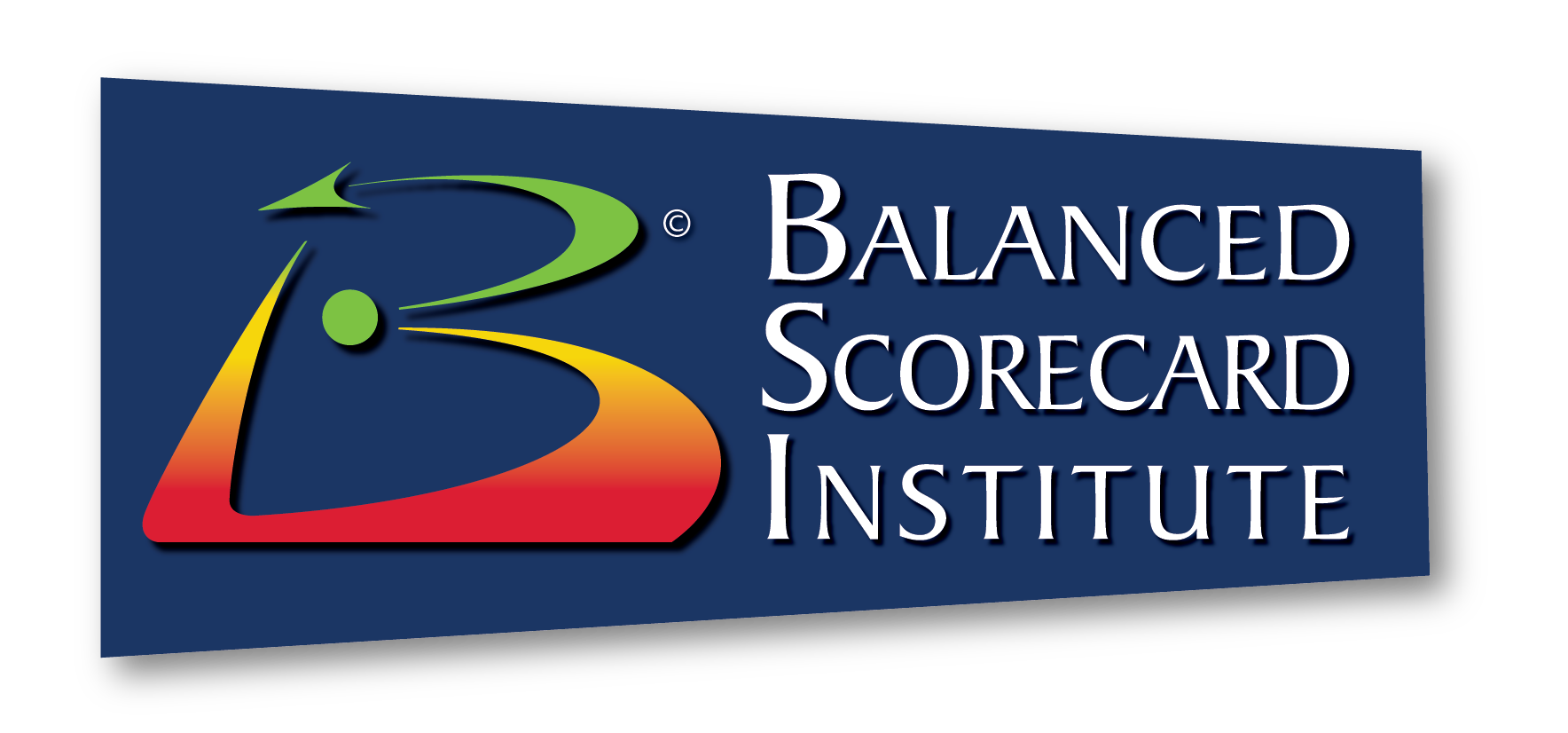Most MBA programs pride themselves as being the ”practical” degree that will best prepare its students for any number of management roles. And I have to admit that I can point to that degree as a true turning point in my career. But it wasn’t until I became a Balanced Scorecard Professional (BSP) that I learned several principles that I have found to be key to being a good manager and leader. 
Help your team articulate a shared vision
Many managers and leaders think that the key to success is to have a clear vision. But vision that is poorly articulated (or not at all) is just a dream. And simply dictating the vision to employees usually doesn’t work either. Change doesn’t happen because “I said so” or by assigning tasks without any context. Employees engage when they understand what we are trying to accomplish and why. Shared vision and change management happen through dialog, facilitation, and the development of a logical business case.
Connect the dots between what employees are working on and desired outcomes
A good supervisor makes sure that employees are completing their tasks. A good leader makes sure that employees are working on and completing tasks that move the organization toward a shared vision of the future. BSPs have been taught to articulate the difference between mission, vision, and strategy. They know how to organize their energy, measurements, and initiatives around a set of coherent strategic objectives. They know that many people are visual learners and so they use a strategy map to communicate how the dots connect. They know how to align department objectives with high level strategy and communicate to employees where they fit.
Measure results (not just actions)
Most managers know to measure project milestones as indicators of success, and unfortunately many strategic planners use this basic principle for KPI development. They define a handful of goals (e.g. Improve Brand Awareness), list all of the projects needed to reach those goals (e.g. website redesign), and then measure the completion of those projects as a measure of success (e.g. percentage of website redesign completed). Good leaders measure results. A redesigned website is nice, but I should be much more interested in whether or not it led to improved brand awareness.
Develop strategy before KPIs
The best KPIs in the world won’t help if they are designed to measure a half-baked strategy. The good news is that you don’t have to be a Steve Jobs-type visionary to develop an intuitive strategy by formally assessing your strategic situation and identifying a path forward using common methods like a SWOT, PESTEL, Customer Value Proposition, Blue Ocean Strategy, and other methods.
There are other such principles, such as how to identify drivers of future performance using Perspectives, how to use strategy to prioritize, how to set and reach reasonable performance targets, and many more. If you can think of any others, please add them in the comments section below.
If you are unsure about what a balanced scorecard or a Balanced Scorecard Professional is, please visit our website.
David Wilsey is the Chief Executive Officer with the Balanced Scorecard Institute and co-author of The Institute Way: Simplify Strategic Planning and Management with the Balanced Scorecard.


